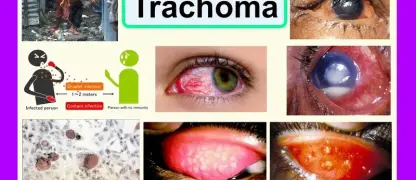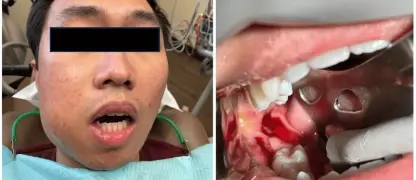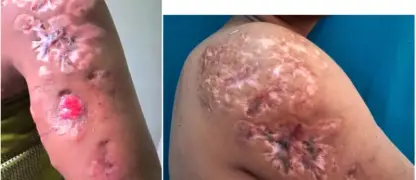Recent antibiotic use can disrupt your gut health, creating an opening for a dangerous infection. Don't ignore severe diarrhea. This guide explains Clostridioides difficile Infection and the vital steps you must take to protect yourself and others from this threat.
What are the main causes of Clostridioides difficile Infection?
- The primary answer to what causes c diff infection is the disruption of healthy gut bacteria, often following a course of antibiotics.
- The bacteria's spores are highly resilient. Since is c diff contagious, they spread easily in healthcare settings via contaminated surfaces.
- Advanced age is a major risk factor, making c diff in elderly patients particularly common and potentially more severe.

Key symptoms of Clostridioides difficile Infection to watch for
- Key c diff symptoms include severe, watery diarrhea occurring multiple times a day, often with a distinct, foul odor known as the c diff smell.
- Patients frequently experience intense abdominal cramping and pain, along with tenderness in the lower abdomen area.
- Other serious signs can include a fever, loss of appetite, nausea, and, in severe cases, blood or pus in the stool.
How can you prevent Clostridioides difficile Infection effectively?
- A key prevention of c diff step is practicing thorough handwashing with soap and water, as alcohol-based sanitizers do not kill its spores.
- Ensure healthcare providers and visitors follow strict contact precautions and wear gloves when caring for an infected individual.
- Promote prudent antibiotic use by only taking these medications when necessary and as prescribed by your doctor.
>>> See this article: Candidiasis - A complete guide to yeast infections and thrush
Image of Clostridioides difficile Infection





>>> Learn now: Chancroid - Symptoms and treatment for this painful STI
A proper c diff diagnosis test, like a stool sample analysis, is required. The standard treatment for c diff often involves specific antibiotics like vancomycin for c diff, especially for a recurrent c diff infection. Always consult a doctor for diagnosis and care.
>>> Don't miss: Chlamydia - Symptoms in men and women, and how to get tested






